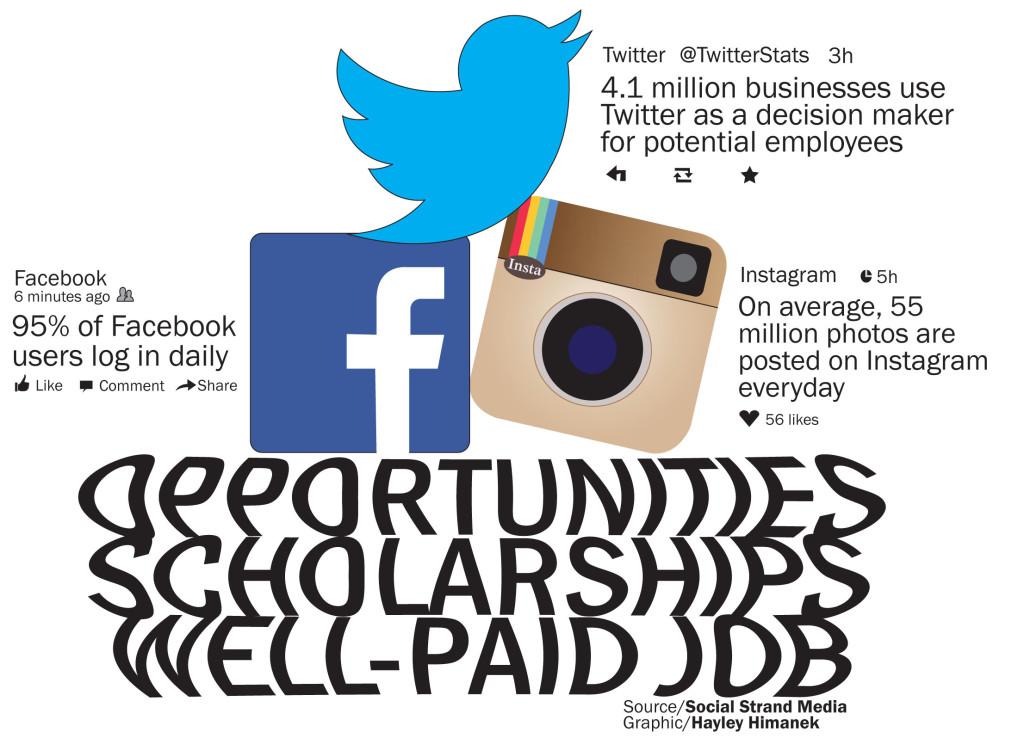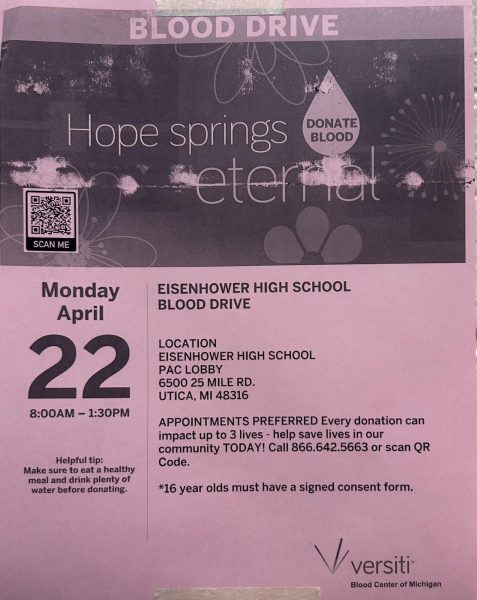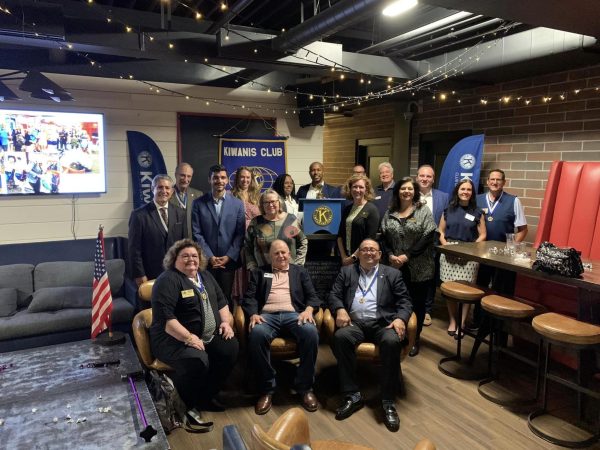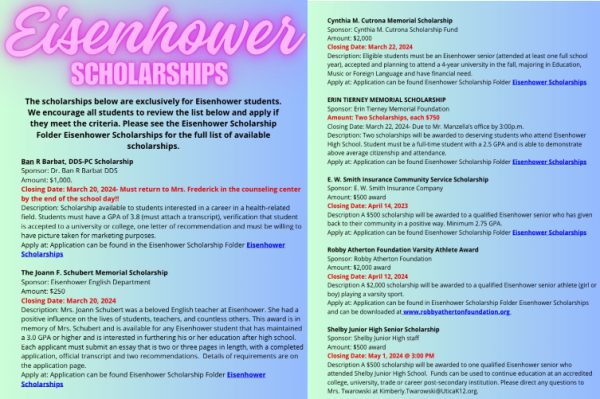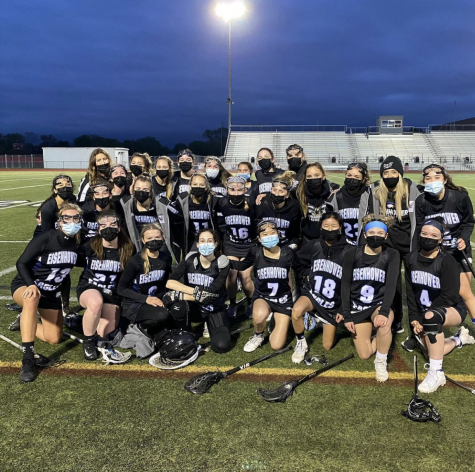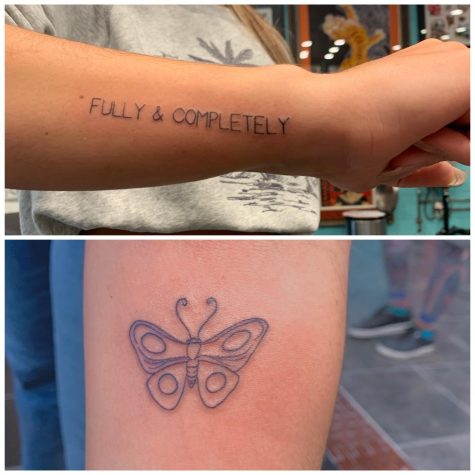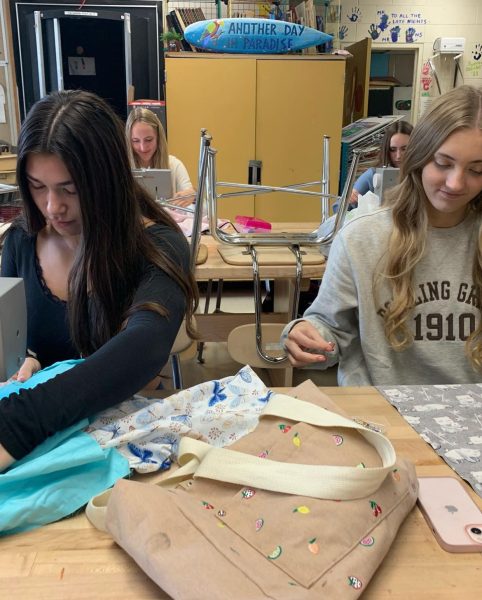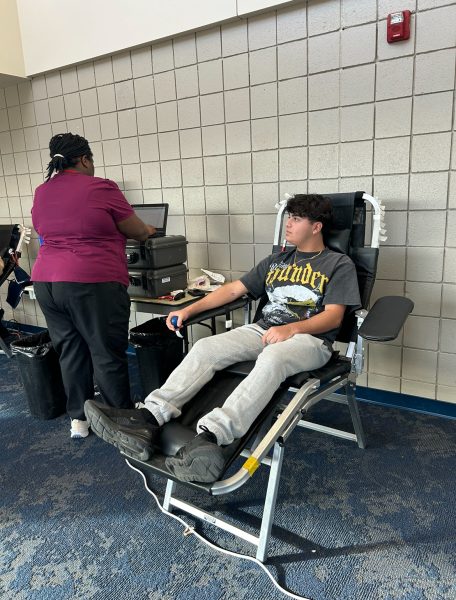Social media affects future
As his Twitter feed opens, senior Nick Tokarczyk carefully thinks about what he posts on the social media profile, holding back foul words and comments.
“I don’t put anything bad online for two reasons,” Tokarczyk said. “I want to look professional and I don’t want to lose my scholarship.”
Social networking profiles are in 72 percent of teen’s lives and nearly half (47 percent) have a publicly viewable profile, according to a Cox Communications Teen Internet Safety survey, allowing employers and colleges to know what is posted on public profiles.
“It is tough to say which places (business and colleges) check social media profiles,” counselor Thomas Versele said. “Make the assumption that inappropriate posts can come back to haunt you one day.”
Most universities do not check social media profiles during the application process, according to University of Michigan’s Public Affairs and Media Relations worker Deborah Greene. However, they investigate any instances brought to their attention that are scandalous or potentially harmful to the student or the college community.
“Students can be proactive in ensuring they don’t unintentionally share information with colleges by always keeping their settings private,” Greene said, “And also by remembering that anything that is documented, whether protected by a privacy setting or not, may be shared with others.”
If colleges and employers notice pictures of teenagers taking part in illegal activities, such as underage drinking or taking drugs, it can result in consequences such as not receiving dream jobs and losing scholarships.
“Especially if you ever run into a time where a place isn’t begging for people to apply, they are going to be picky,” Versele said. “You may have everything else going for you, but if they notice bad habits on social media, then you lose that opportunity.”
As a result of using social networking sites, 41 percent of teenages experienced one or more negative outcomes, according to Pew Research Center. Social media not only affects future opportunities, but it affects current ones such as membership on a sport’s travel team.
“I would look on the girl’s profiles to see what kind of person they are out of softball,” travel softball coach Michael Himanek said. “If I saw something that was inappropriate, I would contact the parents, so they can talk about it with their child.”
Coaches also look at profiles because athletes are a representation of the team, Himanek said.
“We don’t want our team to get a bad reputation; because if it does, not only would other people not want to join, but college coaches notice that as well,” he said. “If a girl continued doing something inappropriate or illegal, they could get kicked off the team.”
Most student athletes have college coaches watching them through their travel team. If let go, it ruins the opportunity for potential college coaches to see them, taking away scholarship chances.
“I also am careful with what I put on my profiles to set good examples for the younger baseball players at our school and the district,” Tokarczyk said. “Posting certain things isn’t worth the risk.”
Your donation will support the student journalists of Eisenhower High School. Your contribution will allow us to purchase equipment and cover our annual website hosting costs.

